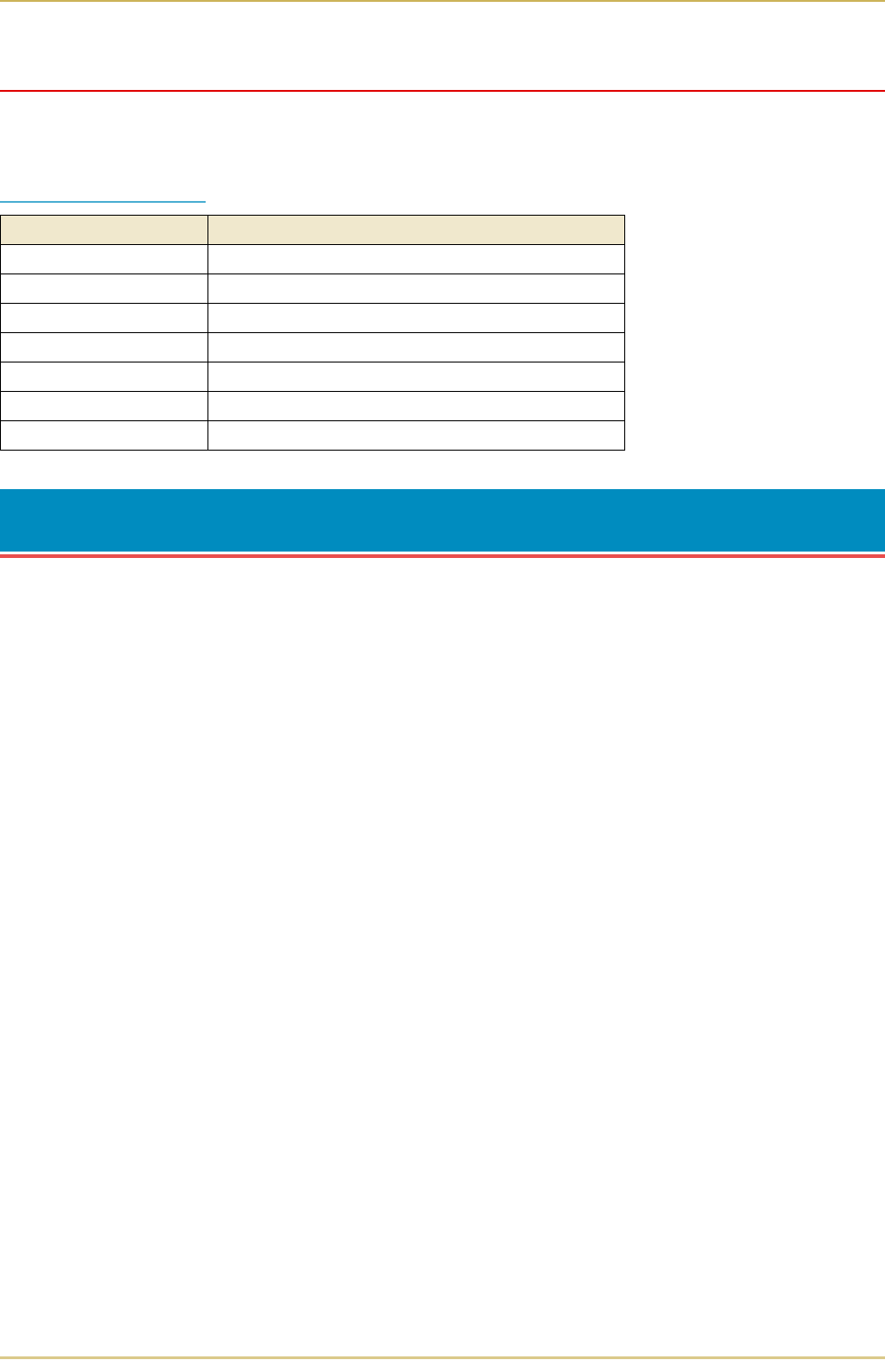
B.2. Selecting the Right Paper
B-2
Paper Specifications
The following table summarizes the basic paper specifications. Details are given on the following
pages.
B.2. Selecting the Right Paper
Laser printing is a process involving laser light, electrostatic discharge, toner, and heat. In addition,
as the paper passes through the printer it undergoes considerable sliding, bending, and twisting
motions. A high-quality printing paper matching the printer's requirements withstands all these
stresses, enabling the printer to turn out clean, crisp printed copy consistently.
Remember that all paper is not the same. Some of the factors to consider when selecting paper
for the printer are as follows:
Condition of the Paper
Avoid using paper that is bent at the edges, curled, dirty, torn, embossed, or contaminated with
lint, clay, or paper shreds
Use of paper in these conditions can lead to illegible printing, misfeeding, and paper jams, and
can shorten the life of the printer. In particular, avoid using paper with a surface coating or other
surface treatment. The paper should have as smooth and even a surface as possible.
Composition
Do not use paper that has been coated or surface-treated and contains plastic or carbon. The heat
of fusing can cause such paper to give off harmful fumes.
Bond paper should contain at least 80% pulp. Not more than 20% of the total paper content
should consist of cotton or other fibers.
Paper Size
Cassettes and a MP tray are available for the paper sizes listed in Table B.2. The dimensional toler-
ances are ±0.7 mm (±0.0276 inches) for the length and width. The angle at the corners must be
90° ±0.2°.
Table B.1 Specifications
Item Specification
Weight 60 to 90 g/m
2
(16 to 24 lbs./ream)
Thickness 0.086 to 0.110 mm (3.4 to 4.3 mils)
Dimensional accuracy ±0.7 mm (±0.0276 inches)
Squareness of corners 90° ±0.2°
Moisture content 4% to 6%
Direction of grain Long grain
Pulp content 80% or more


















